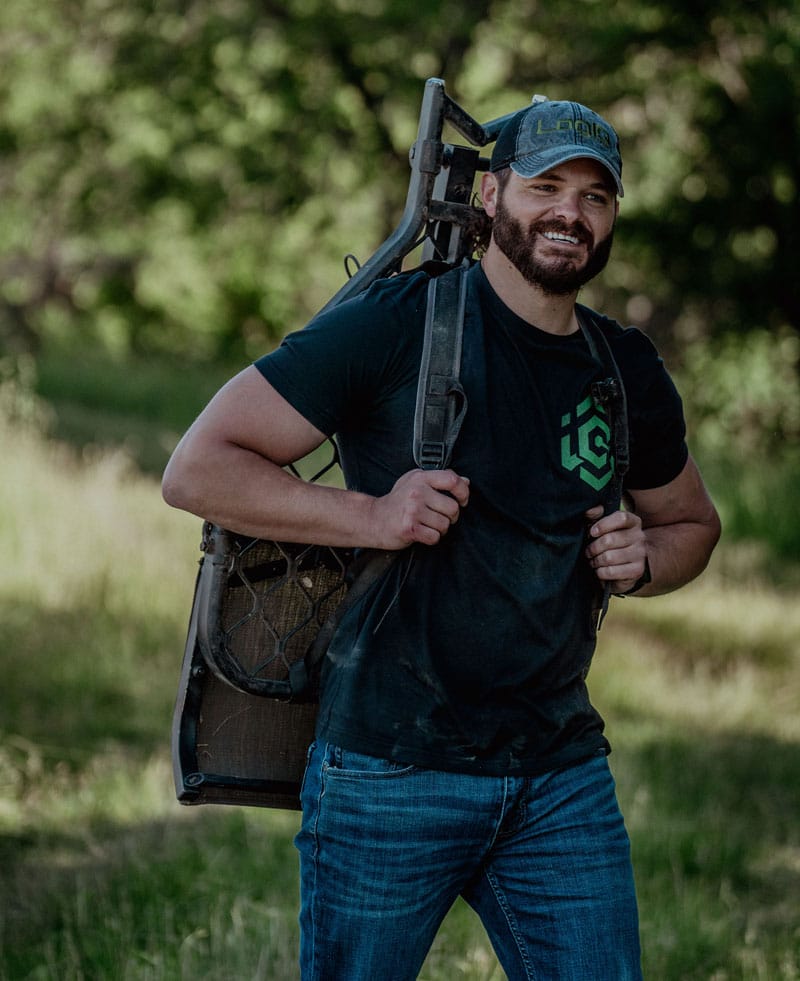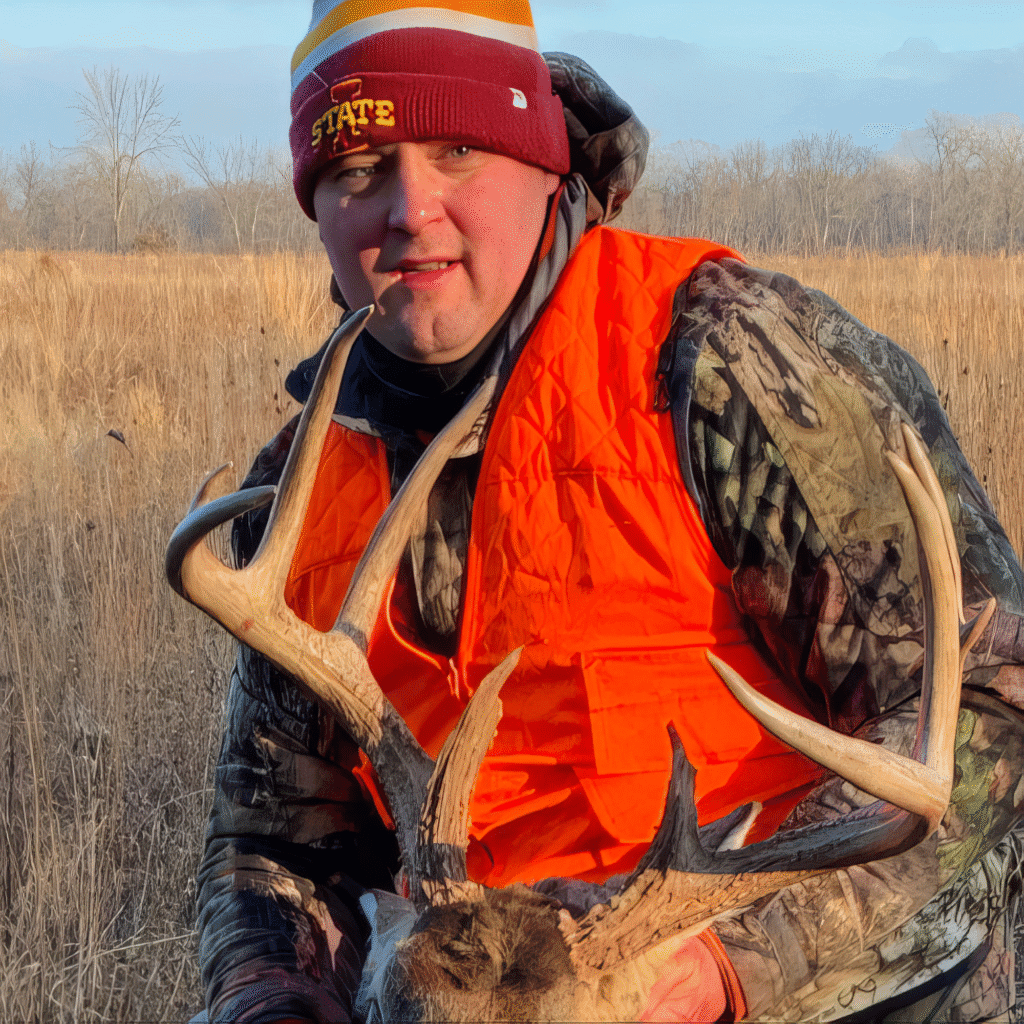Business, Bucks & Blunders: Lessons From The Woods With Mitchell Kearns (Iowa)
It’s a crisp November morning in Guthrie County, the kind where frost still clings to the grass and the sun […]
It’s a crisp November morning in Guthrie County, the kind where frost still clings to the grass and the sun […]
Mitchell Fox and the team behind A Hunter’s Legacy dive into what it’s all about—real stories from real hunters.
From first hunts to lessons learned the hard way, this is where everyday hunters get to share the stories that matter.
So sit back, relax, and enjoy stories from the stand, the blind, and everywhere in between.
Don’t forget to share A Hunter’s Legacy with your buddies and on social media. You’re the reason we do what we do.

